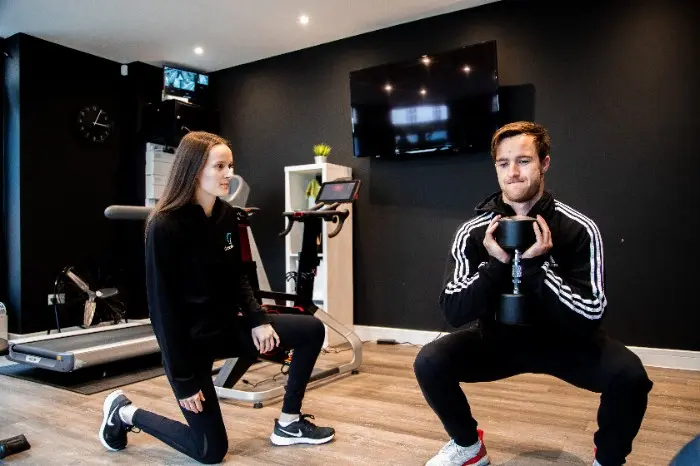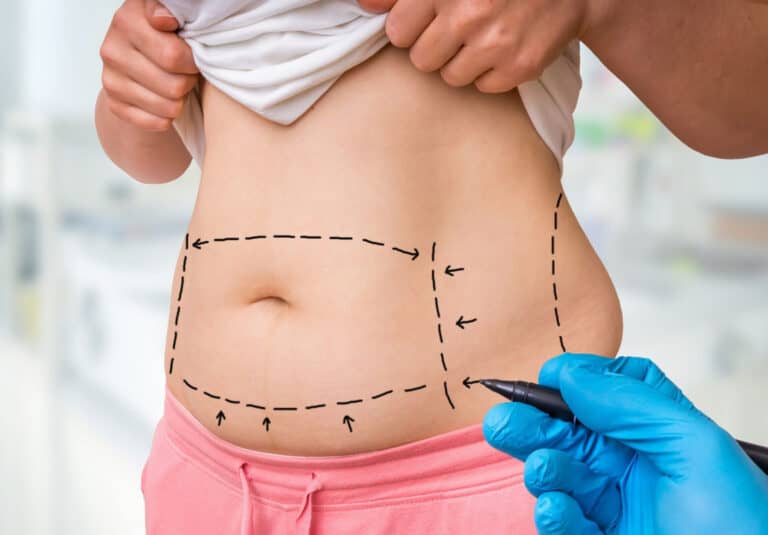Starting a fitness journey doesn’t require fancy gym equipment or a paid subscription. If you’re new to exercise, simple bodyweight movements and consistent habits are all you need to build a strong foundation. Daily fitness tips tailored for beginners can help boost your energy, improve posture, enhance mood, and support long-term wellness—all from your living room. This article shares practical advice to help you stay active every day without any equipment.
Start with a Simple Warm-Up
Get Your Body Ready
Always begin your workout with 3–5 minutes of light movement:
- March in place
- Arm circles
- Leg swings
- Neck rolls
Warming up increases blood flow and helps prevent injuries, especially for beginners.
Learn Foundational Bodyweight Moves
Master the Basics First
Start with these no-equipment exercises that engage major muscle groups:
- Squats – builds leg and core strength
- Push-ups (knee or wall variation) – strengthens chest and arms
- Plank holds – improves core and posture
- Lunges – enhances balance and leg control
- Bird-dog – low-impact for stability and coordination
Focus on form rather than speed or repetition count.
Create a Short Daily Routine
Quick Workouts You Can Stick To
As a beginner, keep things simple with a 10–15 minute routine like:
- 10 squats
- 10 wall push-ups
- 20 seconds plank
- 10 lunges each leg
- 30 seconds jumping jacks (optional cardio)
Repeat the circuit 2–3 times. This format builds strength and endurance gradually.
Prioritize Consistency Over Intensity
Small Efforts Add Up
Don’t worry about intense workouts in the beginning. Moving every day matters more:
- Walk during phone calls
- Stretch while watching TV
- Dance to your favorite music for 10 minutes
Daily movement builds discipline and prevents stiffness.
Listen to Your Body
Avoid Burnout and Injury
If you feel sharp pain or extreme fatigue, stop and rest. Fitness is about long-term health, not pushing through discomfort. Learn to recognize the difference between healthy muscle soreness and harmful strain.
Hydration and Recovery Matter
Fuel Your Progress
Drink water before and after workouts. Proper hydration supports muscle function and recovery. Post-workout, do a 3-minute cooldown with:
- Gentle stretching
- Deep breathing
- Light walking
This reduces soreness and helps your body recover faster.
Set Realistic Goals
Focus on Progress, Not Perfection
Examples of beginner goals:
- “Exercise 10 minutes a day for 2 weeks”
- “Complete 5 push-ups with proper form by next month”
- “Stretch every morning before breakfast”
Small goals build confidence and lay the groundwork for bigger challenges later.
Use Your Environment
Make the Most of Your Space
Get creative with what you have:
- Use a wall for wall-sits or wall push-ups
- Use stairs for step-ups or cardio bursts
- A towel or pillow can help with balance or core work
You don’t need a gym when your home has endless options.
Add Variety to Stay Motivated
Prevent Boredom
Mix up your daily routine with:
- Online beginner workout videos
- Stretching one day, bodyweight the next
- Trying different music or workout styles
A fresh routine helps keep you excited about moving.
Conclusion
Starting your fitness journey without equipment is not only possible—it’s incredibly empowering. With just your body and a few minutes a day, you can build strength, endurance, and a healthy habit that lasts. The key is consistency, patience, and listening to your body. Show up daily, keep it simple, and celebrate every small win along the way.
FAQs
Can I get fit without any equipment?
Yes. Bodyweight exercises like squats, planks, and lunges can effectively improve strength and endurance.
How many minutes should beginners exercise each day?
Start with 10–20 minutes. Focus on consistency rather than long durations at first.
Should I work out every day?
Yes, but vary intensity. Combine strength, stretching, and active rest days like walking.
What if I can’t do a full push-up?
Begin with wall or knee push-ups. Build strength gradually before progressing to full versions.
How soon will I feel results?
You may notice improved mood and energy in 1–2 weeks. Visible changes usually take 4–6 weeks of regular effort.



